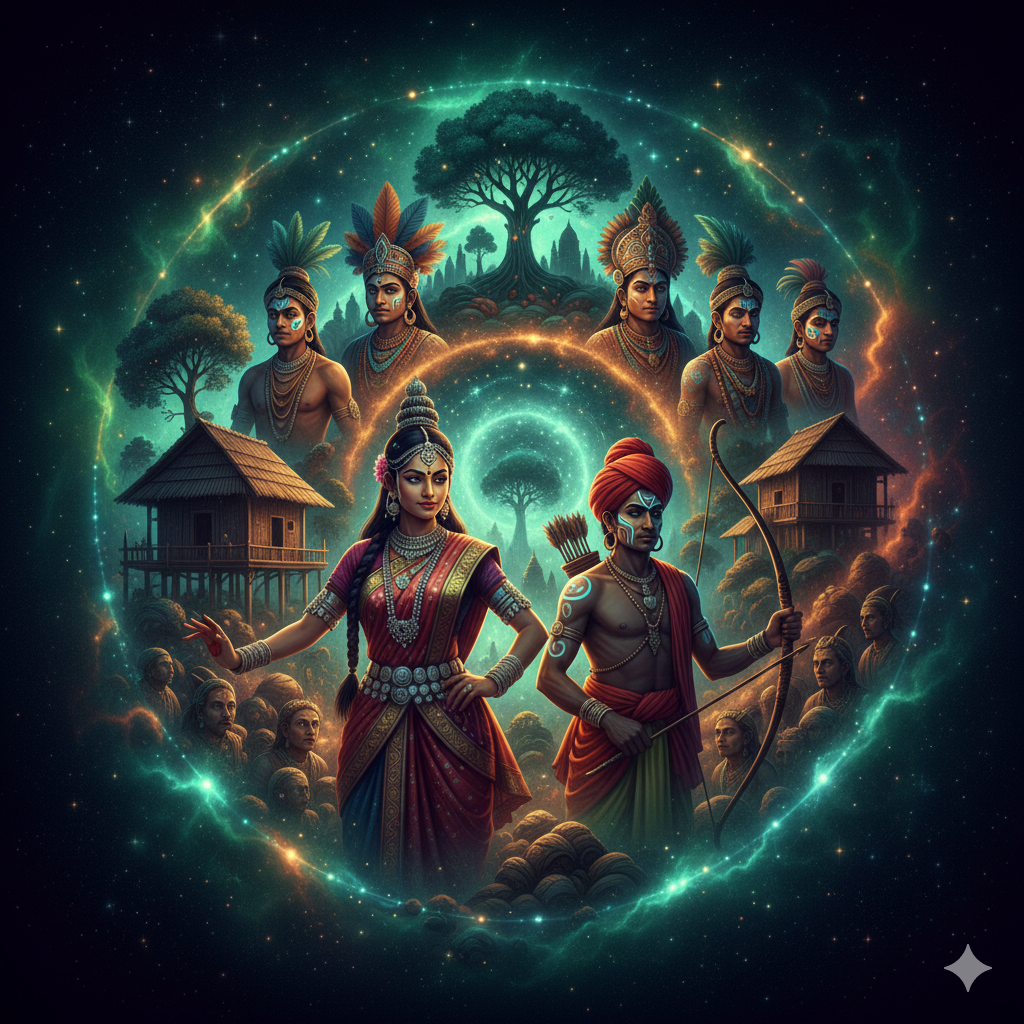Introduction
Democracy is often hailed as the most inclusive and participatory form of governance, where citizens have the right to elect their representatives and influence policy decisions. Elections serve as the cornerstone of democracy, ensuring that political power is derived from the people. However, in diverse societies, especially those with deep-rooted social structures, democracy and elections are often influenced by various factors, including caste. Caste, a historical and social stratification system, plays a crucial role in electoral politics, particularly in countries like India. This essay examines the intricate relationship between democracy, elections, and caste, analyzing its impact on political representation, voter behavior, and social justice.
Democracy: Meaning and Importance
Democracy, derived from the Greek words ‘demos’ (people) and ‘kratos’ (power), is a system of governance where power lies with the people. It is built on fundamental principles such as liberty, equality, justice, and participation. Democracies are classified into direct and indirect forms:
- Direct Democracy – Citizens directly participate in decision-making without intermediaries.
- Representative Democracy – Elected representatives make decisions on behalf of the people.
Democratic systems provide a framework for freedom, accountability, and governance based on the rule of law. Elections play a critical role in the functioning of democracy, allowing people to choose leaders and hold them accountable.
Elections: The Lifeline of Democracy
Elections are an essential feature of democracy, serving as a mechanism for selecting representatives who formulate laws and policies. Key characteristics of a democratic election include:
- Universal Adult Franchise – Every eligible citizen has the right to vote, irrespective of their social status.
- Free and Fair Process – Elections should be conducted without coercion, fraud, or manipulation.
- Competitive Politics – Multiple political parties and candidates contest elections, providing voters with choices.
- Periodic Elections – Democratic elections occur at regular intervals to ensure accountability and public participation.
Elections promote inclusivity and ensure that governance reflects the will of the people. However, in multi-ethnic societies with deep social hierarchies, electoral outcomes are often shaped by factors like caste, religion, and ethnicity.
Caste and Its Role in Electoral Politics
Caste is a hierarchical social system, particularly prevalent in South Asian societies, that influences various aspects of life, including politics. In democratic elections, caste has both direct and indirect effects on voter behavior, candidate selection, and policy formulation.
1. Caste as a Determinant of Voter Behavior
- Many voters prefer candidates from their own caste, believing they will safeguard their interests.
- Political parties recognize caste as a vote bank and often field candidates based on caste demographics.
- Caste-based mobilization is a key electoral strategy in countries like India, where caste identity influences voting patterns.
2. Political Parties and Caste-Based Politics
- Political parties tailor their strategies to appeal to specific caste groups.
- Some parties are explicitly formed to represent particular caste communities.
- Reservation policies and affirmative actions often become political tools to gain caste-based support.
3. Caste and Candidate Selection
- Political parties distribute tickets based on caste considerations, ensuring their candidate has a strong voter base.
- The dominance of certain castes in leadership positions can marginalize others, leading to demands for greater inclusivity.
4. Caste and Social Justice Movements
- Democracy provides a platform for historically oppressed castes to demand rights and representation.
- Caste-based movements advocate for equality, reservation policies, and political empowerment.
- Affirmative action policies, such as reservations in education and government jobs, aim to reduce caste-based discrimination.
Challenges of Caste-Based Politics in a Democracy
While democracy seeks to promote equality, caste-based politics presents several challenges:
- Division and Polarization – Excessive focus on caste leads to social fragmentation and communal divisions.
- Vote Bank Politics – Political parties prioritize caste appeasement over genuine development policies.
- Neglect of Meritocracy – Emphasizing caste over merit in candidate selection and policy formulation can hinder efficiency and good governance.
- Exploitation of Caste Sentiments – Leaders may manipulate caste identities for electoral gains rather than addressing real socio-economic issues.
The Way Forward: Balancing Democracy and Caste Considerations
Democracy thrives on inclusivity, and addressing caste-based disparities is essential for a more just society. Some measures to balance caste considerations and democratic principles include:
- Electoral Reforms – Implementing policies to reduce caste-based vote bank politics and promote issue-based elections.
- Education and Awareness – Encouraging informed voting based on candidates’ policies rather than caste identity.
- Inclusive Political Representation – Ensuring diverse representation from all caste groups to create a more equitable political landscape.
- Strengthening Social Justice Policies – Maintaining affirmative action policies while ensuring they do not become tools of political exploitation.
- Promoting Economic Development – Addressing caste disparities through economic empowerment and skill development programs.
Role of Media in Reducing Caste Influence in Elections
Media plays a crucial role in shaping public opinion and can help minimize caste-based political influence by:
- Promoting issue-based debates rather than caste-driven narratives.
- Highlighting policies and governance records of candidates instead of their caste affiliations.
- Conducting voter awareness campaigns to encourage rational decision-making.
Global Perspective on Caste and Electoral Politics
Caste-based politics is not unique to India. Many countries experience similar social stratifications influencing elections. For example:
- United States – Racial and ethnic considerations influence voter behavior and policy decisions.
- South Africa – Legacy of apartheid continues to affect political representation.
- Brazil – Class and racial divisions impact voting patterns and social movements.
Understanding how different democracies tackle social divisions can offer insights into reducing caste-based politics in electoral systems.
Conclusion
Democracy, elections, and caste are deeply interlinked in many societies. While democracy provides a platform for political participation, caste influences electoral dynamics, voter behavior, and policy decisions. Although caste-based politics can lead to social division and electoral manipulation, democracy also enables marginalized communities to fight for representation and justice. Striking a balance between caste considerations and democratic ideals is crucial for creating an equitable and inclusive society. Future democratic processes should focus on issue-based politics, social justice, and economic development to ensure that caste does not undermine the true essence of democracy. Additionally, electoral reforms, education, and media awareness can help in moving towards a more meritocratic and policy-driven political landscape, ultimately strengthening the foundations of democracy.




